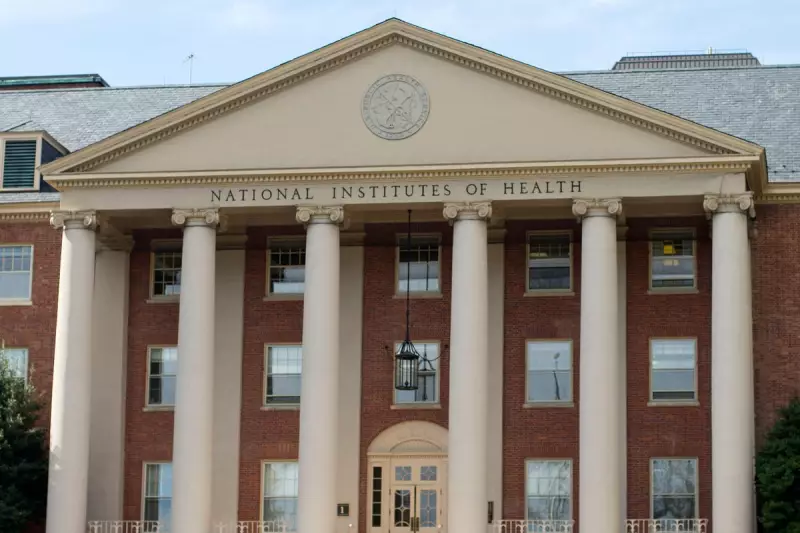
Senior health leaders in the United States have issued a stark warning about potential funding cuts to the National Institutes of Health (NIH), cautioning that such moves could have devastating consequences for medical research and public health security.
The concerns emerge amidst political discussions about restructuring the renowned research institution, which has been at the forefront of numerous medical breakthroughs and played a critical role during the COVID-19 pandemic.
What's at Stake for Medical Research?
The NIH represents the cornerstone of America's biomedical research efforts, funding thousands of scientists across the country and supporting groundbreaking work in areas ranging from cancer treatment to vaccine development.
Health experts fear that reducing its budget or altering its structure could:
- Disrupt ongoing clinical trials and research projects
- Drive talented scientists to seek opportunities abroad
- Delay the development of new treatments and cures
- Weaken America's ability to respond to future health crises
The Political Context
The funding discussions occur within a broader political landscape where research institutions have increasingly become subjects of partisan debate. Some Republican lawmakers have expressed intentions to restructure the NIH, arguing for greater oversight and different funding priorities.
However, health leaders counter that the NIH has consistently delivered exceptional value, with its research contributing to medical advances that save lives and reduce healthcare costs long-term.
Global Implications
The outcome of this funding debate will resonate beyond American borders. The NIH collaborates with research institutions worldwide, including several in the United Kingdom, and its work often benefits global health initiatives.
Medical research communities on both sides of the Atlantic are watching developments closely, aware that decisions made in Washington could affect international scientific cooperation and progress.
As the discussion continues, health officials emphasise that preserving robust funding for biomedical research isn't just about supporting science—it's about investing in future health security for generations to come.





